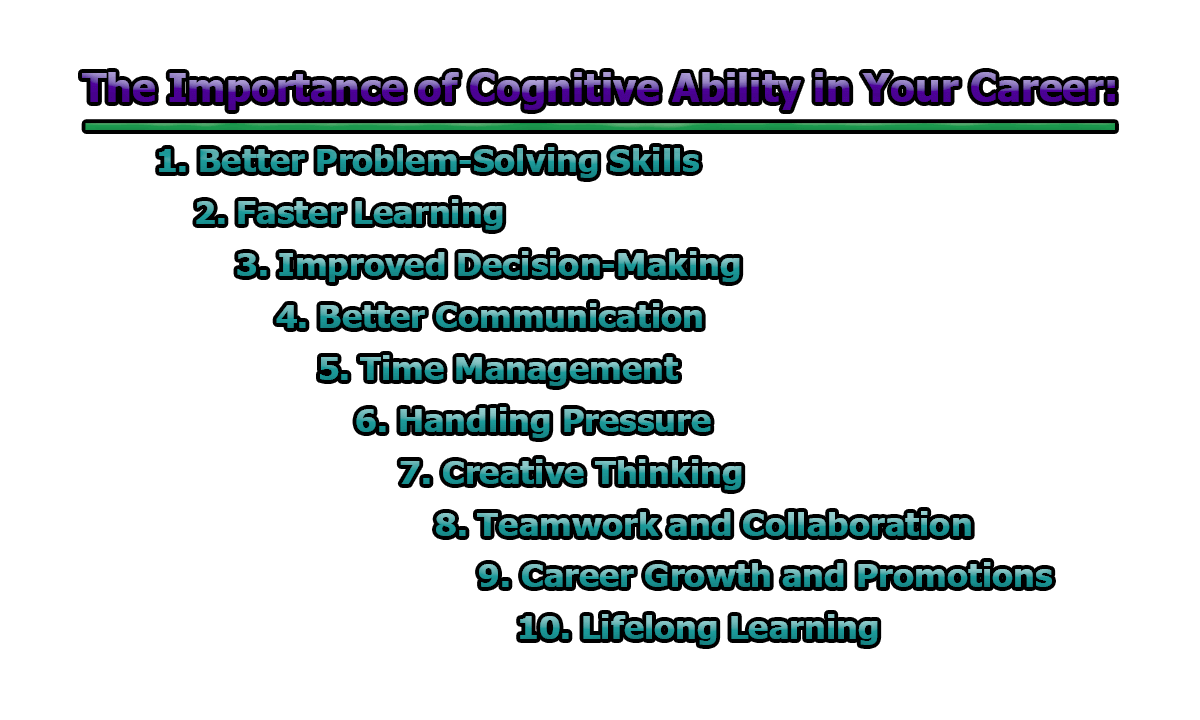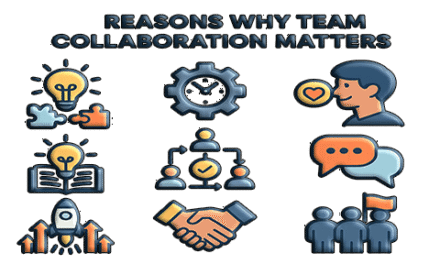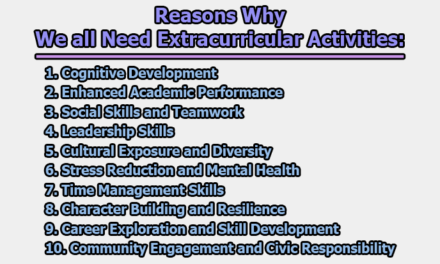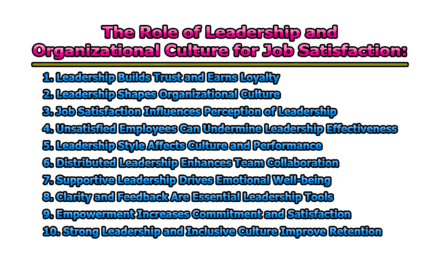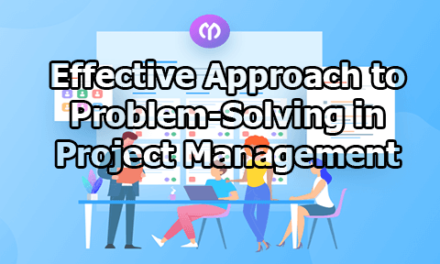The Importance of Cognitive Ability in Your Career:
Cognitive ability means how well a person can think, learn, understand, and solve problems. It includes skills like memory, attention, reasoning, and decision-making. In any career, cognitive ability plays a big role in helping people work smarter and succeed. In the rest of this article, we will explore the importance of cognitive ability in your career.
1. Better Problem-Solving Skills: Every job comes with challenges. You may face issues like a slow computer, a difficult customer, or a mistake in your work. If you have strong cognitive skills, you can look at the problem calmly and find the best way to solve it.
For example, instead of panicking when a machine breaks down, you might think of steps to fix it or find a temporary solution. Good thinking helps you understand the problem clearly and act wisely. Employers value people who can solve problems quickly and effectively.
2. Faster Learning: Workplaces often change. You may need to learn new software, rules, or tasks. People with good cognitive ability can understand and remember new information more quickly.
For example, if your company starts using a new computer program, a person with strong learning skills can learn how to use it faster and with less help. This saves time and shows that you are smart and ready to grow in your job.
3. Improved Decision-Making: Every day at work, you make decisions. Some are small (like choosing what to do first), and some are big (like how to handle a customer complaint). If you have good cognitive ability, you can think about the situation carefully, compare options, and choose what’s best.
For example, if two tasks are urgent, your thinking skills help you decide which one to do first, based on importance and deadlines. Good decisions help you avoid problems and earn respect from your coworkers and bosses.
4. Better Communication: Good communication means sharing your thoughts clearly and understanding others. Strong cognitive skills help you think about what you want to say, choose the right words, and stay focused during conversations.
For example, if a customer is confused, you can listen to their question, understand their problem, and explain the answer clearly. This builds trust and improves teamwork. Good communication is important in every career.
5. Time Management: Time is very valuable at work. If you can think clearly, you can plan your day better, set priorities, and use your time wisely.
For example, you may have many tasks to finish in one day. Good time management helps you decide which tasks are most important and how long each one will take. This helps you meet deadlines, reduce stress, and become more efficient.
6. Handling Pressure: Work can sometimes be stressful. There may be deadlines, busy days, or unexpected problems. If you have strong cognitive ability, you can stay calm and think clearly even when things go wrong.
For example, if your boss gives you an urgent task when you’re already busy, your thinking skills help you stay focused, make a quick plan, and handle the situation without getting upset. This makes you more dependable and confident in your job.
7. Creative Thinking: Cognitive ability is not just about solving problems — it also helps you think creatively. This means coming up with new ideas, trying better ways to do things, and being open to change.
For example, if your team is trying to attract more customers, you might suggest a fresh idea for marketing or a new product design. Creative workers help their companies grow and improve.
8. Teamwork and Collaboration: Most jobs today require working with others. Good thinking skills help you understand different opinions, share your ideas clearly, and solve problems as a group.
For example, during a team meeting, you can listen carefully, give useful suggestions, and help find a solution that works for everyone. Good teamwork leads to better results and a friendly work environment.
9. Career Growth and Promotions: Employees with strong cognitive skills often get noticed by managers. They work smart, learn fast, and help the company do better. As a result, they are more likely to get promotions, raises, or better job offers.
For example, a worker who handles tasks well and solves problems quickly may be chosen for a leadership role. Improving your thinking skills can open doors to bigger career opportunities.
10. Lifelong Learning: The world of work is always changing. New technologies and methods appear every day. People with good cognitive ability are better at learning new things and keeping up with change.
For example, if your job starts using new software or tools, you’ll be able to understand and use them quickly. This keeps you useful to your company and ready for future success.
It is apparent that cognitive ability is not just about being “smart.” It’s about thinking clearly, learning quickly, and solving problems effectively. No matter what job you do, improving your thinking skills can help you succeed, grow, and enjoy your work more. So take time to read, learn, practice new skills, and keep your brain active—your career will thank you!

Library Lecturer at Nurul Amin Degree College

